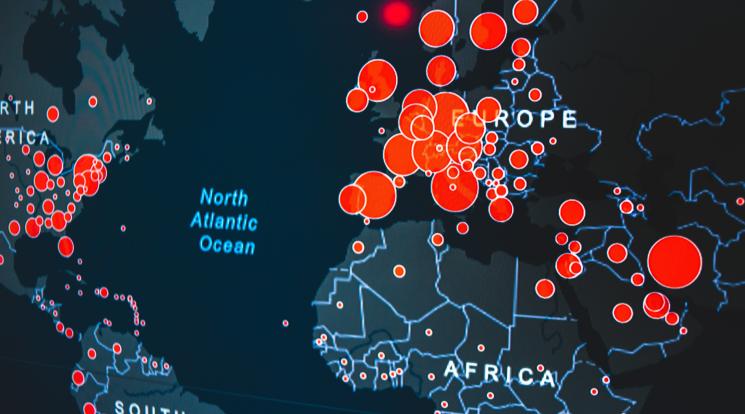
RAPID COVID-19 Research: Linking institutional logics and data sharing to research outputs before and after SARS-CoV-2 peak infection.
Focus area(s)
Featured Projects
Featured ProjectsFunded through the National Science Foundation's RAPID program in July 2020, this research takes advantage of the unique opportunity window offered by the COVID-19 crisis to understand how and why institutional determinants of data access and sharing evolve over the course of a public health crisis and how data repositories can act as facilitators (or barriers) for rapid research response to societal challenges.
We ask: How do researchers perceive and integrate different, often conflicting, rationales for data sharing when faced with public emergencies? How do researchers adjust their actions and decisions as the crisis evolves? How do data repositories react to global challenges by adjusting, integrating, or disrupting conflicting institutional logics regarding data sharing? Why do researchers converge around certain data repositories but not others? What governance models are more successful in integrating conflicting logics in a way that maximize researchers’ response to public crises? To frame the inquiry, we integrate institutional work and open community theories to link 1) individual-level decisions and actions regarding data access, exchange, and use with 2) collective governance systems of data repositories.
The study undertakes a mixed-method research design that uses interviews and survey data to understand the decisions, actions, and outputs of researchers before and after peak infection levels. Findings will contribute practical insights to funding agencies, data repository management teams, universities, and research communities by showing how researchers and data repositories respond to the need for rapid research and data sharing at a global level.
Visit learn more visit NSF's award page